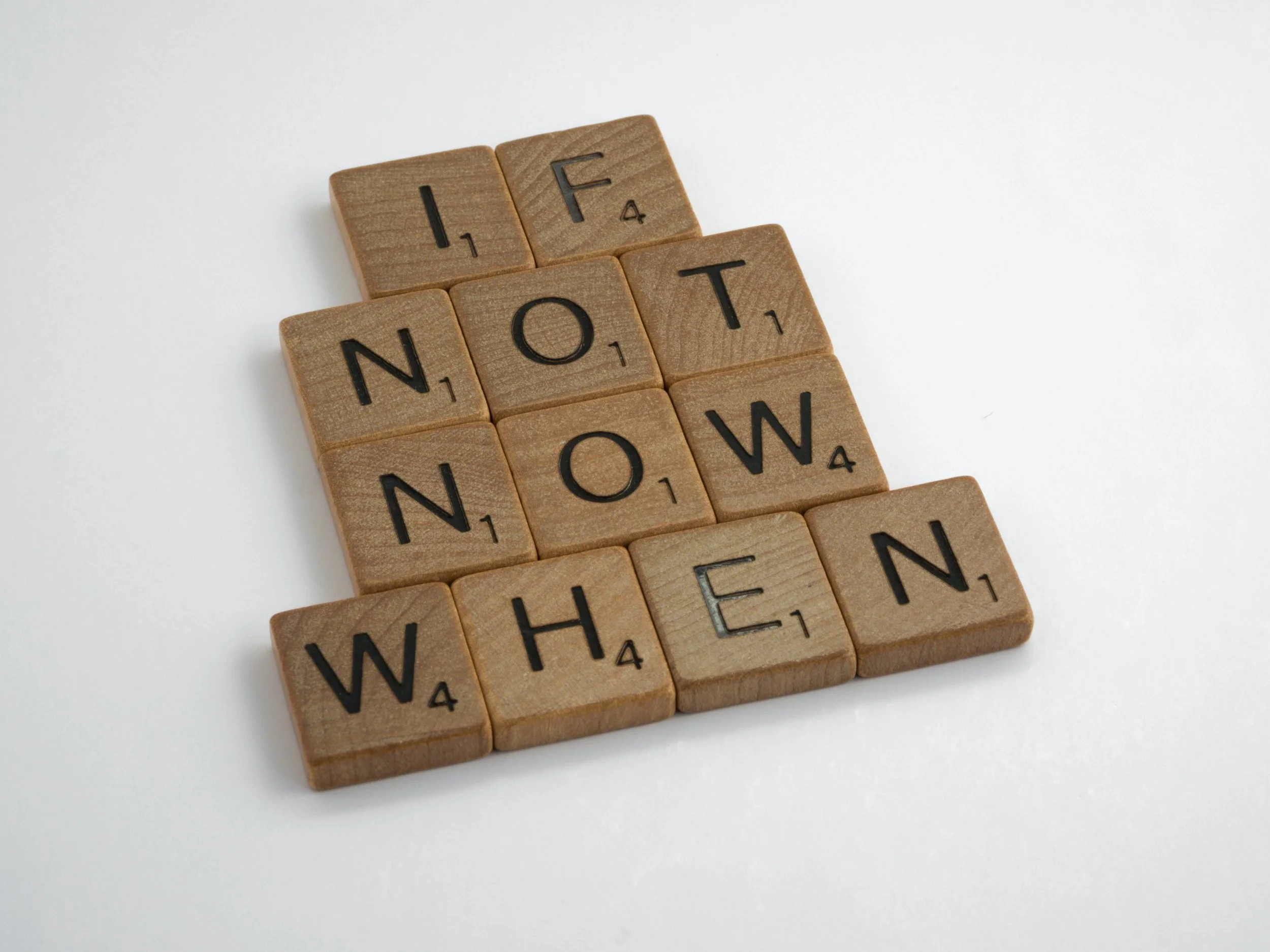Preventing Procrastination (from a Professional Procrastinator)
As I sit here, with the blog deadline looming and nothing on paper, I started thinking about procrastination. Procrastination is the act of delaying or postponing a task or set of tasks. Admittedly, I am a lifelong procrastinator. The task always seems to get finished, but the cost (increased stress) hardly seems worth any benefit that may have been gained. So why do we procrastinate? There are many reasons, but some of the most common include:
Fear of failure
Lack of motivation
Perfectionism
Feeling overwhelmed
Distractions
Avoidance of unpleasant experiences (such as boredom)
Whatever the reason, procrastination can have a negative impact on our lives. It can lead to stress, anxiety, and low self-esteem. It can also damage our relationships and our careers. The good news is that we can take steps to reduce procrastination:
1. Set small goals. When you have a large task to complete, it can be helpful to break it down into smaller, more manageable goals. This will make the task seem less daunting and more achievable.
2. Prioritize your tasks. Not all tasks are created equal. Some tasks are more important than others. When you're feeling overwhelmed, take a few minutes to prioritize your tasks. This will help you focus on the most important things first.
3. Set deadlines for yourself. Deadlines can help you stay on track and avoid procrastination. When you know when a task is due, you're more likely to start working on it sooner rather than later.
4. Reward yourself for completing tasks. When you complete a task, reward yourself with something you enjoy. This will help you stay motivated and make it more likely that you'll continue to complete tasks on time.
5. Eliminate distractions. When you're trying to work, it's important to eliminate distractions. This means turning off your phone, closing your email, and finding a quiet place to work.
6. Try the 10-minute trick. Set a timer and make a deal with yourself to work as hard as you can for 10 minutes. You might find that when you see what you’ve accomplished in that short time you can go a little longer.
7. Take breaks. It's important to take breaks when you're working. This will help you stay focused and avoid burnout. Get up and move around every 20-30 minutes. Take a few minutes to stretch or walk around.
8. Give yourself a reward. Often we procrastinate because our limbic system (the part of our brain that loves instant gratification) overrides our prefrontal cortex (the part of our brain responsible for planning and decision making). So work with your brain and give your limbic system a little reward.
9. Ask for help. If you're struggling with a task, don't be afraid to ask for help. There are many people who are willing to help you, including friends, family, teachers, and mentors.
10. Reframe work as self-care. When we avoid procrastination we are being kind to our future selves. Remind yourself that taking on this task today saves yourself stress tomorrow.
Everyone procrastinates now and then. That’s okay, we’re all human! But if you try these tasks and you still have problems with procrastination therapy may help. You and your therapist will likely examine what experiences and emotions you are avoiding with procrastination and find ways to address the root problem. You don’t have to accept the stress and other negative consequences of procrastination as an inevitable part of your life. And now that this blog is finished I can go on and enjoy the rest of my weekend!
Looking to learn more about preventing procrastination? Get connected with our providers below!


